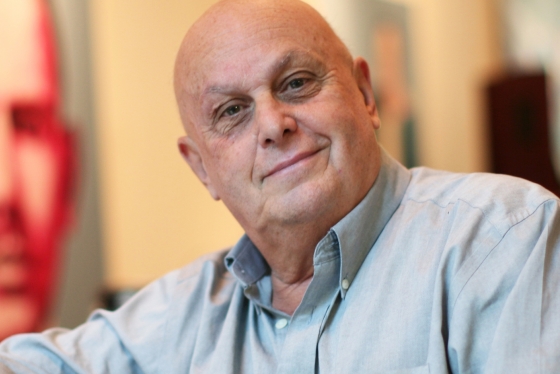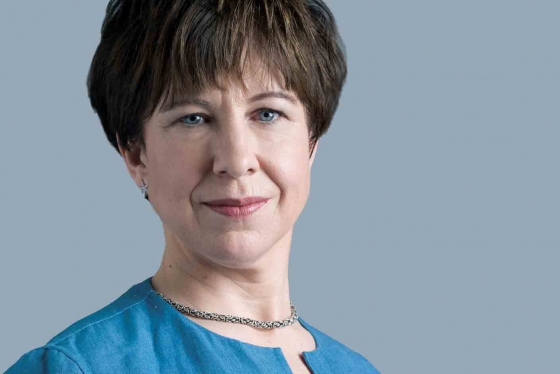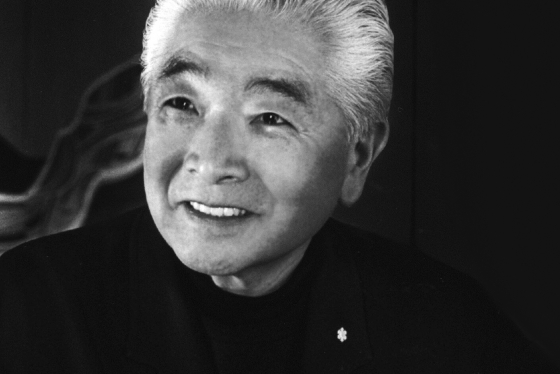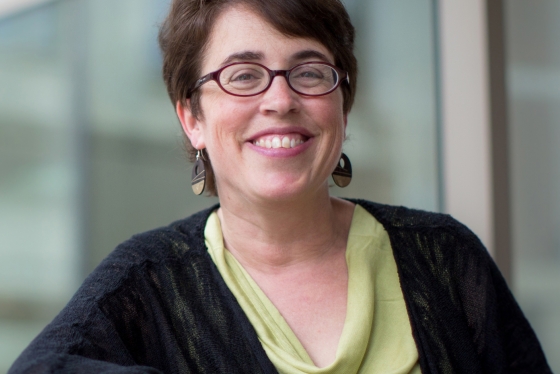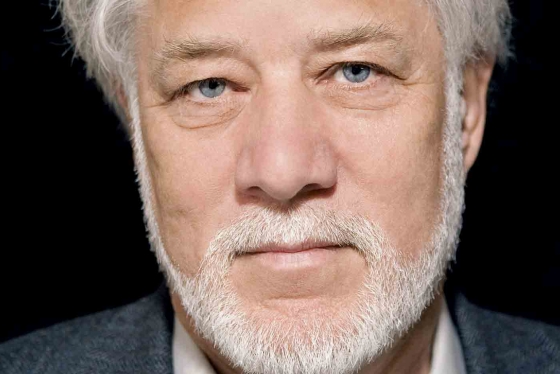
Kenneth Montague
Doctor of Dentistry (DDS) 1987
In the waiting room of Dr. Kenneth Montague's office there are large portraits of people from different cultures, all with gap-toothed smiles. They are not testaments to Montague's dental capabilities but rather illustrate the diversity that is the focus of his remarkable life.
Kenneth Montague has been described as a “guy who fixes teeth and Renaissance culture man,” and “not your average dentist.” He calls himself a “dentist who serves the arts community” with clients such as Nelly Furtado, George Stroumboulopoulos, George Elliott Clarke – the City of Toronto’s Poet Laureate, and members of the rock band Broken Social Scene.
But he is much more than that. A musician, art collector and advocate for Black Canadian artists.
The portraits in his office are actually from a contemporary art exhibition he saw in Paris; the gap in the middle of the subjects’ teeth illustrates “the sameness and differences in us all, and the cultural diversity of our clientele. They may have less than a perfect smile but they are perfect to us,” he said in an interview.
U of T was the perfect place for him when he enrolled in Dentistry in 1983. At his interview when he applied, Dr. John Mayhall, head of the Department of Oral Anatomy, discovered that Montague had played in a band (he still plays guitar) in his hometown of Windsor and was an art lover. “They were looking for people who weren’t the typical cookie-cutter type of applicants,” Montague said. He and Dr. Mayhall, his mentor, became “kindred spirits” and good friends as the years have gone by.
Montague was one of two Black students in his class of 104 people. “It was a bit of an island,” he said, but he became involved in student government and met students from around the world.
One of his favourite memories is the visit students made to Moose Factory to do dental work on the residents of the Indian reserve there. Actual field work was one of the great strengths of the program, he said.
Because U of T has the largest patient clinic in Canada, and located in the heart of Toronto, it meant there was a “huge diversity in the patient pool.”
In his travels, he finds that “University of Toronto is recognized in both the dentistry and arts circles. “The U of T faculty is one of the most respected dental schools in the world,” pointing to teachers like Dr. George Zarb, who was a pioneer in the development of dental implants.
Montague is the director of a non-profit arts organization called Wedge Curatorial Projects that promotes Black identity in Canada through the support of both emerging and established artists.
He founded the organization in 1997 as a way of exploring his own history, which was not part of his education growing up in Canada. His interest in the arts was sparked by his parents, who took their kids to art galleries and museums. His father Spurgeon Montague also went to U of T, attending the Ontario College of Education (now OISE) in the late 1950s. Both parents “came from Jamaica as university students and stayed to raise a family and contribute to Canadian society.”
Published Dec. 9, 2013.
